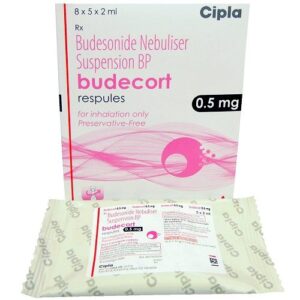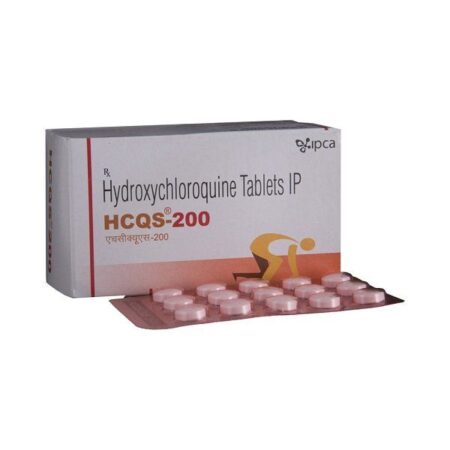Buy Iverjohn 6 Mg
$90.00 – $250.00
| Image | Variation | Price | Quantity | Add To Cart |
|---|---|---|---|---|
 |
80 Tablet/s | $90.00 |
|
Add to cart |
 |
120 Tablet/s | $130.00 |
|
Add to cart |
 |
160 Tablet/s | $165.00 |
|
Add to cart |
 |
200 Tablet/s | $200.00 |
|
Add to cart |
 |
240 Tablet/s | $220.00 |
|
Add to cart |
 |
280 Tablet/s | $250.00 |
|
Add to cart |
Iverjohn 6 mg is a medication that has gained significant attention in recent years for its effectiveness in treating various parasitic infections. In this comprehensive guide, we will delve into everything you need to know about Iverjohn 6 mg, from its uses and dosage to its side effects and precautions.
Introduction to Iverjohn 6 mg
What is Iverjohn 6 mg?
Iverjohn 6 mg is a medication primarily used to treat parasitic infections caused by certain types of worms and parasites. It belongs to a class of meds known as anthelmintics, which work by paralyzing and killing the parasites, allowing the body to eliminate them effectively.
How does it work?
Iverjohn 6 mg works by interfering with the nervous system of the parasites, ultimately leading to their paralysis and death. This mechanism of action makes it highly effective in treating a wide range of parasitic infections.
Uses of Iverjohn 6 mg
Treatment of parasitic infections
Iverjohn 6 mg is commonly prescribed for the treatment of various parasitic infections, including strongyloidiasis, onchocerciasis (river blindness), and lymphatic filariasis.
Dosage and Administration
Recommended dosage
The dosage of Iverjohn may vary depending on the type and severity of the parasitic infection being treated. It is important to follow the dosage instructions provided by your healthcare provider or pharmacist carefully.
Administration instructions
Iverjohn 6 mg is typically taken orally with plenty of water. It can be taken with or without food, although taking it with food may help reduce the risk of certain side effects.
Side Effects
Common side effects
Common side effects of Iverjohn 6 mg may include nausea, vomiting, diarrhea, dizziness, and headache. These side effects are usually mild and temporary.
Rare but serious side effects
In rare cases, Iverjohn may cause more serious side effects such as allergic reactions, severe skin reactions, and liver damage. If you experience any unusual symptoms while taking this medication, seek medical attention immediately.
Precautions and Warnings
Contraindications
Iverjohn is contraindicated in individuals with a known hypersensitivity to ivermectin or any other ingredients in the formulation. It should also be used with caution in patients with liver disease or compromised immune function.
Special populations
Special precautions may be necessary when prescribing Iverjohn to pregnant or breastfeeding women, children, and elderly patients.
Interactions
Med interactions
Iverjohn may interact with certain medications including anticoagulants, anticonvulsants, and certain antibiotics. It is important to inform your healthcare provider about all medications you are currently taking before starting treatment with Iverjohn.
Food interactions
There are no known food interactions with Iverjohn. it is generally recommended to take this medication with a meal to minimize the risk of gastrointestinal side effects.
Storage and Handling
Proper storage conditions
Iverjohn 6 mg should be stored at room temperature away from moisture, heat, and direct sunlight. Keep the medication out of reach of children and pets.
Handling precautions
Handle Iverjohn tablets with care and wash your hands thoroughly after handling them. Avoid crushing or breaking the tablets, as this may alter their effectiveness.
Cost and Availability
Price range
The cost of Iverjohn may vary depending on the brand, dosage strength, and quantity purchased. It is available both as a branded and generic medication, with generic versions typically being more affordable.
Availability in pharmacies
Iverjohn 6 mg is available in most pharmacies with a prescription from a healthcare provider. It may also be available for purchase online from reputable pharmacies.
Comparison with other medications
Comparison with similar drugs
Iverjohn is similar to other anthelmintic medications such as albendazole and mebendazole. However, it may have certain advantages, such as a broader spectrum of activity or a more favorable side effect profile.
Advantages of Iverjohn 6 mg
One of the main advantages of Iverjohn is its effectiveness against a wide range of parasitic infections, including those caused by difficult-to-treat parasites.
Customer Reviews and Feedback
Positive experiences
Many users of Iverjohn have reported positive experiences with the medication, citing its effectiveness in clearing parasitic infections and improving their overall health and well-being.
Negative experiences
Some users have reported experiencing mild side effects such as nausea or dizziness while taking Iverjohn. However, these side effects are usually temporary and resolve on their own.
Conclusion
Iverjohn is a highly effective medication for the treatment of various parasitic infections. With its proven efficacy, relatively few side effects, and affordable cost, it remains a popular choice among healthcare providers and patients alike.
Frequently Asked Questions (FAQs)
- What are the common side effects of Iverjohn 6 mg?
Common side effects of Iverjohn may include nausea, vomiting, diarrhea, dizziness, and headache. - Can Iverjohn be taken with food?
However, taking it with food may help reduce the risk of certain gastrointestinal side effects. - Is Iverjohn 6 mg safe for children?
However, dosage adjustments may be necessary based on the child’s age and weight.
| Active Ingredient | Ivermectin |
|---|---|
| Indication: | Scabies, Filariasis |
| Manufacturer: | Menarini India Pvt Ltd |
| Packaging: | 10 tablets in 1 strip |
| Strength: | 6 Mg |












Reviews
There are no reviews yet.